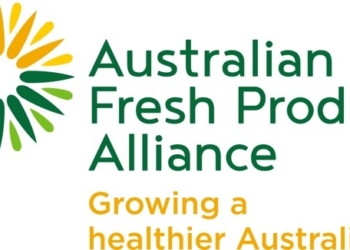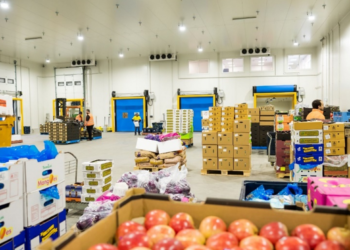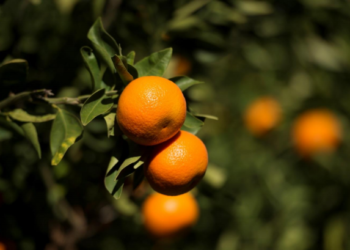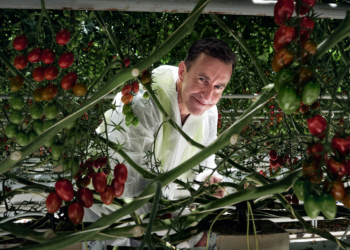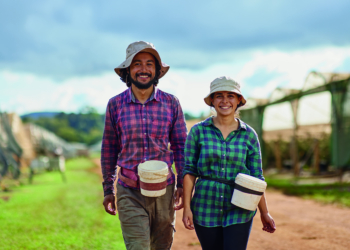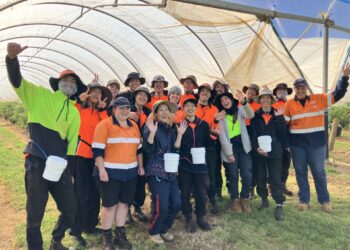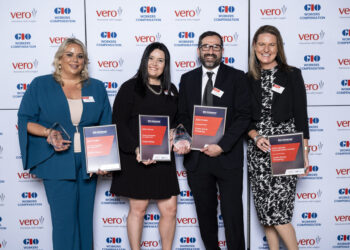The horticulture sector is calling for a trial of the newly announced Seasonal Agriculture Worker visa to commence before year end.
The Australian Fresh Produce Alliance (AFPA), of which Costa is a member, has previously welcomed the announcement of a dedicated Seasonal Agriculture Worker visa, which will reduce industry’s reliance on working holiday makers and allow the industry to better develop a productive, returning harvest workforce.
“As some of the largest employers in the sector, AFPA members have been developing a 10-year outlook on their workforce requirements. A long term outlook reduces the reliance on backpackers and focuses on better pathways for employing Australians, workers from the Pacific and new Seasonal Agriculture Worker visa holders,” said AFPA CEO, Michael Rogers.
The AFPA is calling on the government to implement a trial of the Seasonal Agriculture Worker visa and focus on a group of registered employers, prospective visa holders and sending countries. A smaller scale trial will also enable industry to work with relevant agencies in managing quarantine pathways for Seasonal Agriculture Worker visa holders travelling to Australia.
“It is critical that we implement the Seasonal Agriculture Worker Visa this year to provide additional workers for the summer harvest, and to support the structural workforce changes underway in the sector. A trial will allow the Government’s commitment to be implemented quickly while also testing the parameters of the new visa program,” said Mr Rogers.
The closure of Australia’s international borders has reduced the number of working holiday makers in the country from over 140,000 at the beginning of the pandemic to approximately 37,000. During the same period, more than 9,000 Seasonal Worker Program and Pacific Labour Scheme visa holders from the Pacific have filled critical workforce shortages in horticulture, meat processing, manufacturing and accommodation sectors.
“Right now, there are more Seasonal Worker Program visa holders working in horticulture than there have ever been before. This clearly demonstrates industry’s changing direction to a more reliable, productive and returning workforce model. Moving forward, the Seasonal Agriculture Worker visa will be a key complement to workers from the Pacific and is critical in reducing the over reliance on working holiday makers.
“The Australian fresh produce industry is in the midst of a workforce restructure and adoption of new workforce planning and management. An increase in the Pacific programs as well as the new Seasonal Agriculture Worker Visa will form the backbone of the harvest workforce and lead to increases in productivity, remuneration and stability over the long term. This is good for growers and good for workers,” said Mr Rogers.
Media Contact: Michael Rogers, CEO, 0409 648 911


